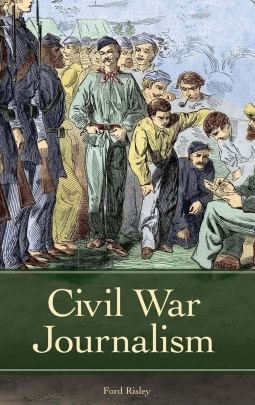This two page article will answer some of your questions as to how the South was able to procure the necessary weapons needed to sustain their army as long as they did:
"The Southerners were a 'gun-totting race, so that there were enough firearms for the first round of the struggle at Bull Run."
Click here to read a similar article on this subject.
In response to the article posted above, one of the readers of Confederate Veteran Magazine...
wrote to the editors to point out an over site that was made concerning an important center of military production for the Confederacy. The reader wished to remind all concerned that Columbus, Georgia was home to numerous "manufactories" that served the rebels well in so far as the production of swords, brass cannons, harnesses, revolvers and rifles as well as wool and leather goods for the infantry. "Despite the stories by politicians of how we suffered the pangs of hunger, etc., etc., every veteran who actually soldiered can recall many blue spots on the sky of his memory; many days and nights when pleasure led the march and love burnished life with gold...One fortunate thing for us was that we had our games. Marbles, played with all the zest and and avidity of school boy days; cards, running the gamut through smut, loo, euchre, three-card monte, poker, cribbage and whist; checks, and the royal game of chess."
The author of this short reminiscence also remarked upon the importance that music played in camp.
Click here to read about the heavy influence religion had in the Rebel states during the American Civil War.
Attached is an excerpt from Confederate Veteran Magazine in which one of the readers recalled the time when a touring English officer paid a visit to General Robert E. Lee (1807 – 1870) during the post-war period and asked him "who was the greatest military genius" of either side during the War between the states? Lee gave his answer without hesitation - some may be surprised to know his answer while others among you might not.
- from Amazon:

Click here to read about the Confederate conscription laws.
From Amazon: Confederate Veteran Magazine...
This small notice from The Nation marked the death of General John McCausland (1836 – 1927), C.S.A.. Much to the disappointment of the town elders residing in Chambersburg, Pennsylvania, McCausland (pardoned by President U.S. Grant) escaped the hangman and outlived every last Confederate general ever put in the field.
The Nation reported in 1912 that a telegram "of great historical importance" had been put up for auction (N.B.: the Twenty-First Century equivalent of a "telegram" is a text message). The telegram was addressed to General William Techumseh Sherman and signed by General U.S. Grant and it clearly gives Sherman free reign to ravage the countryside as he marched.
Click here to read the chronologies of the American Civil War.
To read the story behind Lincoln's beard, click here.
|